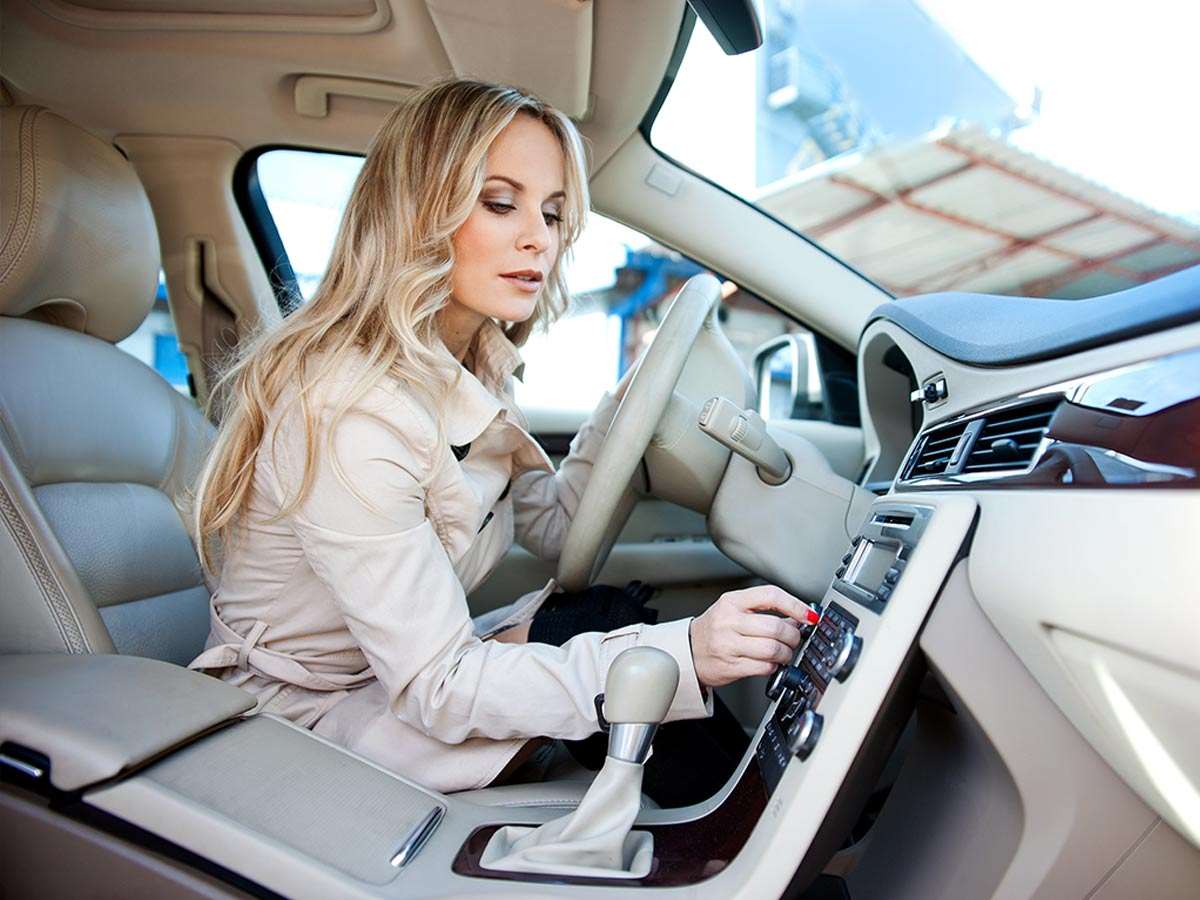10 car noises and what they mean
1. Screeching or grinding
A grinding or squeaking when you brake is usually worn brake pads. If your tires are wet, the brakes might screech for a while, but then the noise disappears. Some brake pads have 'squealers'—a piece of metal that rubs against the brake rotor once the pad material gets low. If you hear this noise while driving or if grinding accompanies the screeching, your brake pads may need replacing.
2. Rumbling
While idling, you hear a rumbling noise. As you accelerate, the noise gets louder. You may have an exhaust leak at a gasket or in one of the exhaust components, such as the flex pipe or muffler. You may need to repair or replace the leaking component.
3. Droning
A droning noise that gets louder as you accelerate may be coming from your tires—particularly if they're old or worn. It could also be a sign that you have 'feathered' tires, meaning the treads are wearing unevenly. Your tires are an important safety feature, so get them checked.
4. Knocking
Using the wrong type of gasoline can cause a knocking or pinging sound in the engine. Using a low-grade gasoline when it requires high octane may cause damage to the spark plugs. As a result, the engine pistons will move erratically, and you could hear a knocking sound. This can easily be rectified by ensuring you use the right type of gasoline.
5. Rattling
A continuous rattling sound from underneath the car means something is loose. Often, it's easy to spot what's causing the noise because the loose component is hanging down in plain sight. For example, a loose tailpipe or muffler can be easily tightened with a screwdriver.
6. Hissing
If you hear a hissing sound when you first pull into the driveway and shut off your vehicle, it could be a sign that something is leaking in your car engine. The hissing could be liquid falling on hot engine parts: engine oil, transmission fluid or coolant. Or, your radiator might be overheating.
7. High-pitched squeal
Does it sound like a bird is chirping when you start the engine? The problem could be a worn or cracked belt. Vehicles often have multiple belts including a separate one for the air conditioner. If this sound only happens when you turn on the A/C, the belt probably needs to be adjusted or replaced.
8. Clicking or humming when you turn the wheel
You hear a clicking or humming noise that gets louder and faster as you accelerate while turning the wheel in one direction. The noise disappears when you turn the other way. This could be a problem with your wheel bearings or a CV axle that's worn and leaking grease. Without grease, the components become dry and start making a clicking sound. Your mechanic might be able to top up the grease and replace the boot.
9. Wobbling sound
If your car sounds like a loud laundry machine on high spin, pull over and check your tires. The problem could be loose wheel nuts (which means the wheel could fall off), or low tire pressure, which could cause a tire blowout. Jack up your car. then tighten your wheel nuts using the lug wrench. If the tire pressure is low, fill it to the proper weight. You might need to replace the tire if the sound continues.
10. Flapping
Do you hear a flapping sound like a flat tire, but all the tires are properly inflated? It might be a broken fan belt. Replacing a fan belt is a standard fix and relatively inexpensive, so don't wait to get it repaired.
Of course, these are just some of the noises your car might make and their possible causes. It's always best to consult a licensed professional mechanic to accurately diagnose and fix the problem. Happy driving!

